
Due diligence and the risk of disengagement: Experiences from the mineral sector and a way forward for the CSDDD
December 11, 2023The Corporate Sustainability Due Diligence Directive (CSDDD) is currently being negotiated by the European institutions. This long-awaited piece of legislation is expected to be finalised by early 2024. With the aim of holding companies operating in the EU accountable for the adverse human rights and environmental impacts of their operations and the impacts across their value chains, the Directive
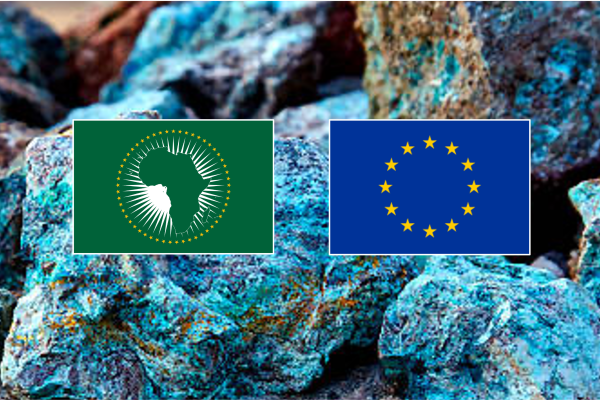
Critical minerals and the need for equal partnerships with African producers
April 12, 2023Before Western policymakers recognized the immense strategic importance of minerals for green energy production in the 21st century, it was primarily seen as the main source of conflicts in Africa, especially when they were extracted in the African Great Lakes Region.
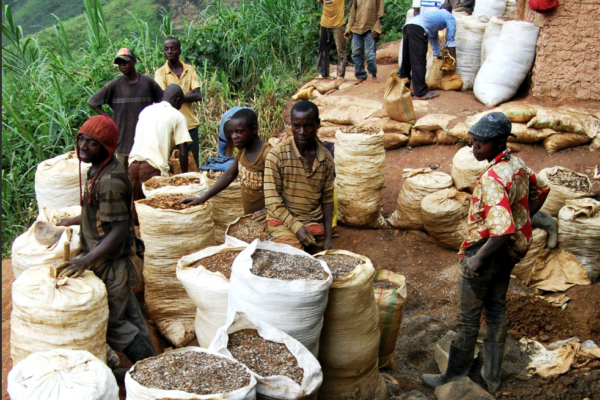
The European Regulation on Responsible Mineral Sourcing: what are the lessons learned so far?
September 28, 2022The 1st of January 2021 marked the entry into force of the European Regulation on Responsible Sourcing of tin, tungsten tantalum and gold (3TG) from conflict-affected and high-risk areas (EU CMR or Regulation). The objective of the Regulation is to oblige European companies to carry out due diligence checks on their suppliers up-to the middle of the supply chain in order to minimize and manage the
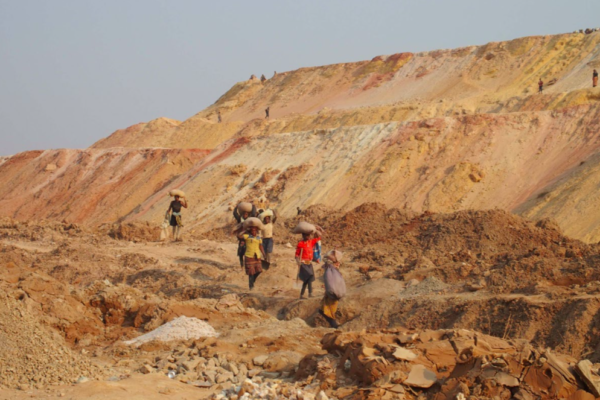
IPIS Due Diligence series – Comparative analysis between cobalt and 3T sourcing from the DRC
July 26, 2021This report compares the supply chains and traceability of 3T and cobalt ores in order to identify similarities, differences, and lessons learned from the decade of 3T experience in responsible sourcing, for the emerging cobalt initiatives. The experience of regulating responsible sourcing in the 3T sector has taught us the importance of engaging producing countries from the start of the draftin
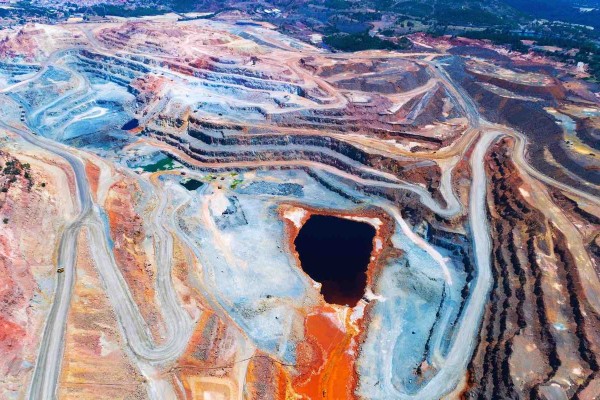
IPIS Briefing May 2021 – Reducing the carbon footprint at the expense of a mineral footprint?
June 1, 2021The IPIS briefing offers a selection of articles, news and updates on natural resources, armed conflict, Business & Human Rights and arms trade. Every month, an editorial and related publications shed a light on a specific topic in IPIS’ areas of research. In focus: Reducing the carbon footprint at the expense of a mineral footprint? In the news: Ethiopia Tigray crisis – Warnings of genocide
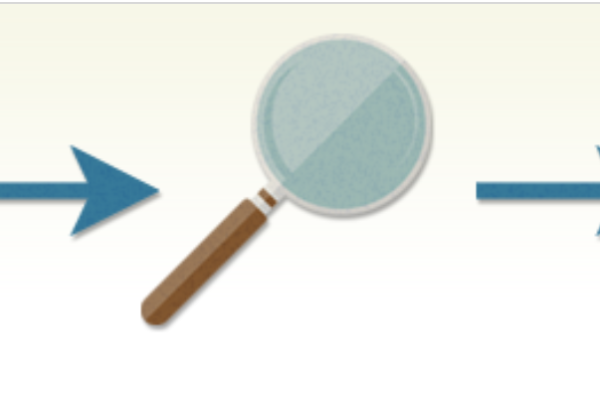
IPIS Briefing December 2020 – Potential risks to a successful implementation of the EU Conflict Minerals Regulation
January 7, 2021The IPIS briefing offers a selection of articles, news and updates on natural resources, armed conflict, Business & Human Rights and arms trade. Every month, an editorial and related publications shed a light on a specific topic in IPIS’ areas of research. In focus: Potential risks to a successful implementation of the EU Conflict Minerals Regulation. In the news: Ethnic profiling of Tigrayan
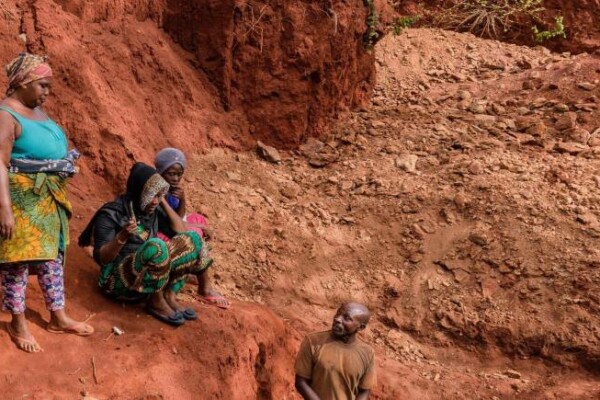
The mining sector in Tanzania, Delve Country Profile
November 19, 2020In partnership with Delve, IPIS produced a profile of the ASM sector in Tanzania. The Country Profile compiles information on the mining governance framework, provides data on key ASM minerals and analyses the contribution of artisanal mining to the SDGs.
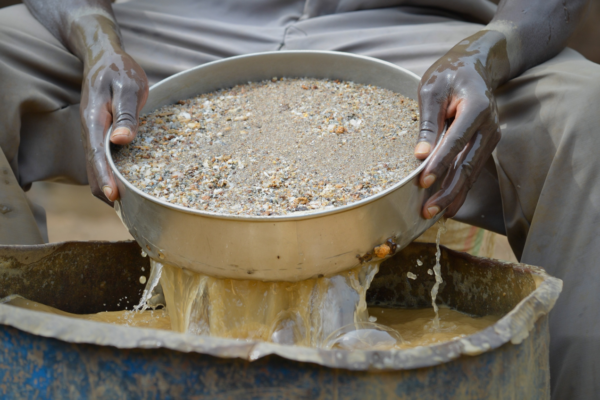
The mining sector in the Democratic Republic of Congo, Delve Country Profile
November 5, 2020In partnership with Delve, IPIS produced a profile of the ASM sector in the Democratic Republic of Congo. The Country Profile compiles information on the mining governance framework, provides data on key ASM minerals and analyses the contribution of artisanal mining to the SDGs.
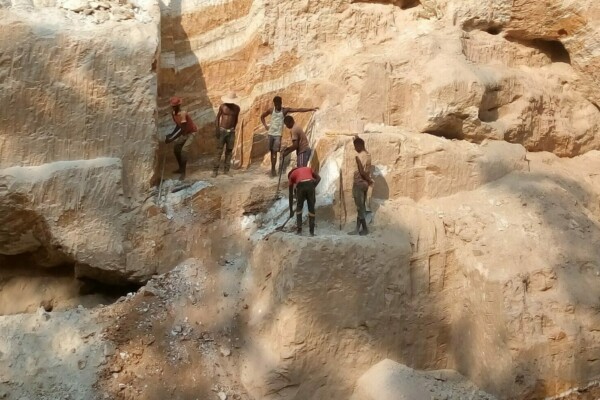
The impact of Covid-19 on artisanal mines in western CAR
October 16, 2020To assess the socio-economic impact of the Covid-19 pandemic on the artisanal and small-scale sector in the Central African Republic, IPIS conducted a series of phone interviews targeting key informants to collect information on minerals production, prices and illegal taxation on gold and diamond artisanal mining sites in western CAR.
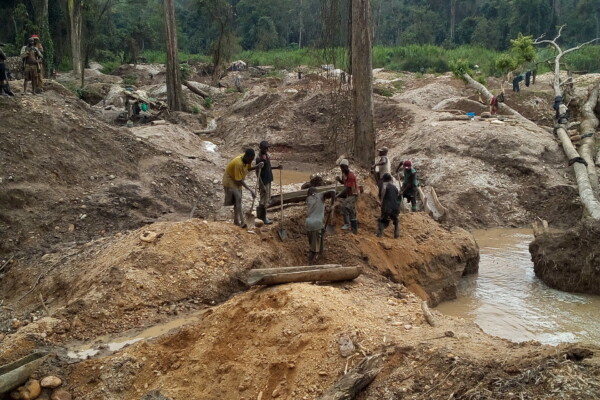
The impact of Covid-19 on the artisanal mining sector in eastern DRC
October 14, 2020As Covid-19 spreads around the world, artisanal mining communities experience once more how much their livelihoods depend on the global economy. Since the outbreak of the Covid-19 pandemic, IPIS has closely monitored its impact on 3T, gold and diamond mining and trade in the DRC.
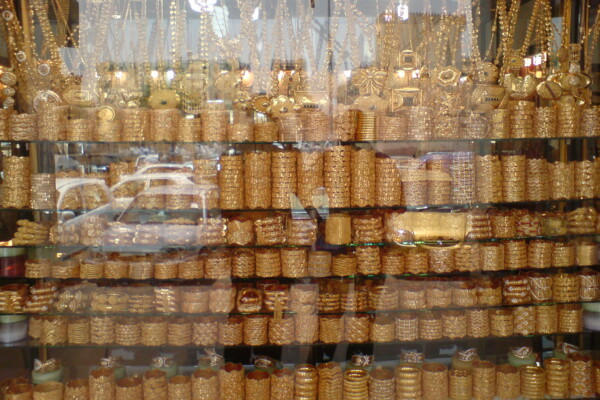
IPIS Briefing July 2020 – Opportunities and risks for responsible sourcing of gold from Sudan
July 30, 2020The IPIS briefing offers a selection of articles, news and updates on natural resources, armed conflict, Business & Human Rights and arms trade. Every month, an editorial and related publications shed a light on a specific topic in IPIS’ areas of research. In focus: Opportunities and risks for responsible sourcing of gold from Sudan In the news: A Resource Guide to the U.S. Foreign Corrupt Pr

Mapping artisanal mining areas and mineral supply chains in eastern DRC (2019)
April 9, 2019In a new report and webmap, IPIS presents its updated data on armed conflict and armed interference in eastern DRC’s artisanal mining sector. Building on extensive data, gathered over the last ten years, IPIS assesses the impact of responsible sourcing initiatives in DRC, designed to address armed interference in mineral supply chains. The report illustrates that responsible sourcing efforts have
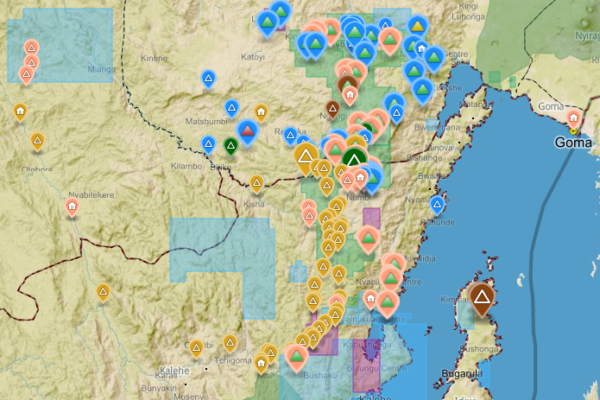
Analysis of the interactive map of artisanal mining areas in eastern DR Congo – 2015 update
October 25, 2016The Belgian research group IPIS has collected data on 2026 artisanal mining sites in eastern DRC over the last couple of years. IPIS observed an armed presence in more than half of the mines. In an interactive map, updated in 2015, IPIS provides information about the on-site presence of armed groups and the Congolese army (FARDC) as well as indicators of the relative importance of the site. It als

IPIS Insights: Diamonds in the Central African Republic
December 22, 2014Since May 2013 the Central African Republic has been suspended from the Kimberly Process (KP) – a measure maintained by the mechanism’s annual plenary in Guangzhou, China, this November. The CAR’s transitional authorities have been seeking at least a partial lifting of this export ban so that the country might benefit from the much needed revenues its diamonds can generate.1 However, the authoriti
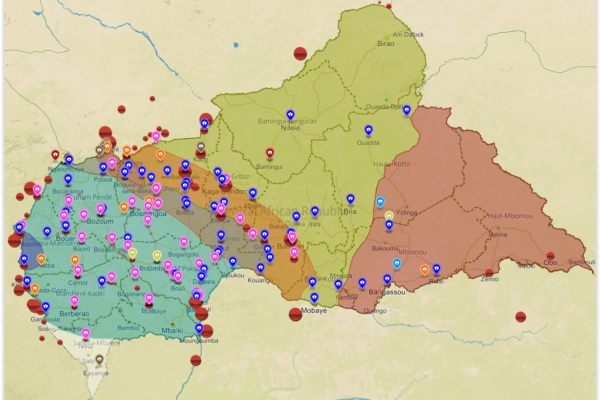
Mapping Conflict Motives: the Central African Republic (2012-2014)
November 21, 2014In this study, IPIS analyses the conflict dynamics in the Central African Republic (CAR) since the outbreak of the latest crisis in September 2012 up to September 2014. The analysis specifically looks into the motivations and interests of the main conflict parties, Seleka and anti-balaka, and the influence and interests of neighbouring countries. The report covers the following key questions. What
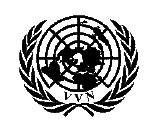
Wereldbeeld: Nieuwste VN-vredesmissie start in de Centraal- Afrikaanse Republiek: Geweld, een zwakke veiligheidssector en de rol van de internationale gemeenschap. Lotte Hoex. pp 6-13
March 3, 2014Om burgers te beschermen tegen het aanhoudende geweld in de Centraal-Afrikaanse Republiek (CAR), ging op 15 september 2014 de nieuwste vredesmissie van de Verenigde Naties (VN) van start. De CAR ligt in centraal Afrika, telt vijf miljoen inwoners en is één van de armste landen ter wereld. Sinds de onafhankelijkheid van Frankrijk in 1960 kampt de CAR met een onstabiele politieke situatie en regelma

